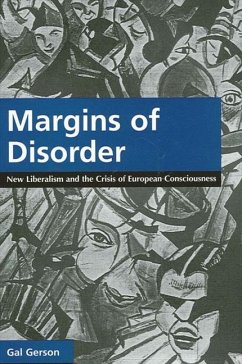British liberalism in the period between 1870 and 1930 was a product of an era known for its intellectual crisis. During the late nineteenth century, the cohesion of reason and enlightenment was questioned in fields ranging from psychology, sociology, philosophy, biology, philology, and archaeology. In Margins of Disorder Gal Gerson considers the ways in which progressive Edwardian liberals such as Leonard Hobhouse, John Hobson, and Graham Wallas attempted to address the shift in their period's culture. New liberalism advocated government planning and expanded state services from liberal, rather than socialist, premises, and saw the sense of belonging to a community as a distinct, right-constituting human good. Gerson examines the concepts of mind, society, nature, and culture devised by new liberals over the course of several decades, and argues in favor of viewing them as a coherent stance, relevant to today's debates about the relations between market and welfare, justice and community.
Hinweis: Dieser Artikel kann nur an eine deutsche Lieferadresse ausgeliefert werden.
Hinweis: Dieser Artikel kann nur an eine deutsche Lieferadresse ausgeliefert werden.








